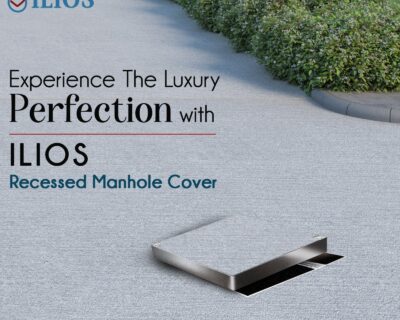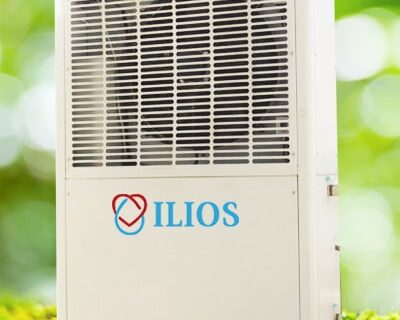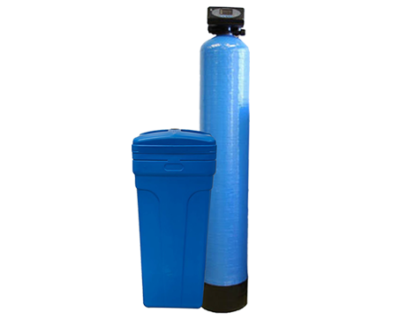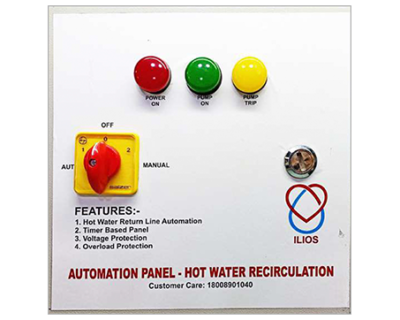Blog
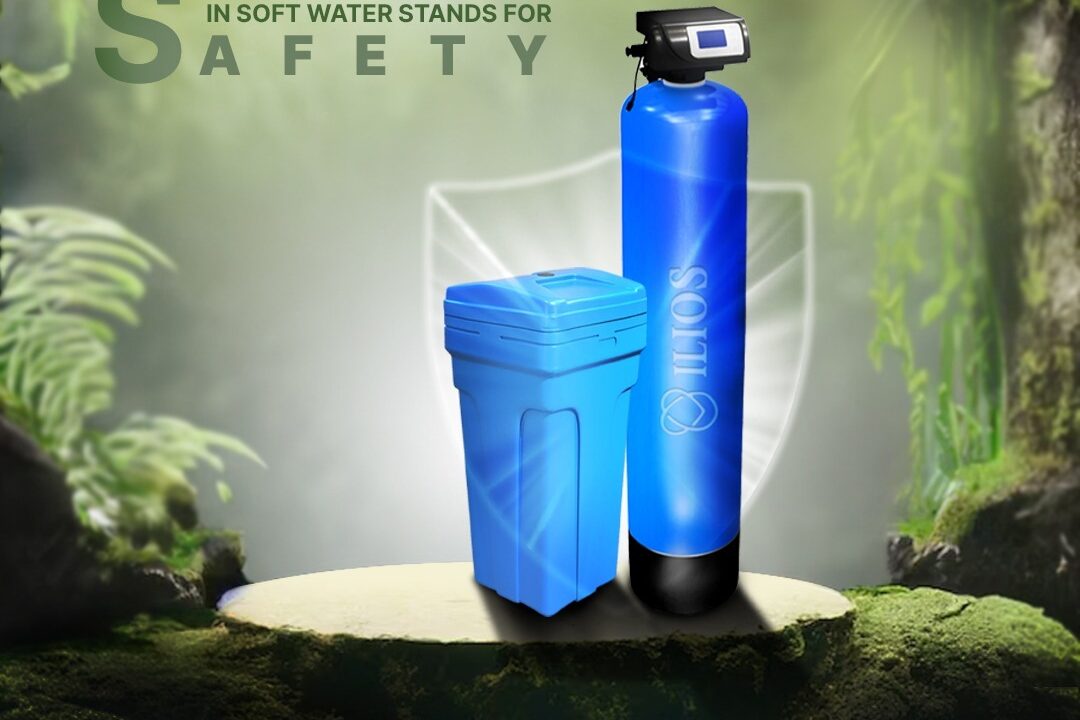
The Ultimate Guide to Understanding Water Softener
Water is essential for our daily lives, from drinking to bathing to cleaning. However, not all water is created equal. Many homes deal with hard water, which contains high levels of minerals like calcium and magnesium. While not harmful to health, hard water can cause various problems in your home. This is where a water softener comes into play. In this blog, we’ll delve into what a water softener is, how it works, its benefits, and why you might consider getting one for your home.
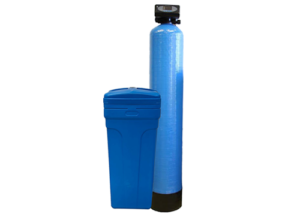
What is a Water Softener?
A water softener is an apparatus specifically crafted to eliminate minerals that cause water hardness. Hard water can leave spots on dishes, make your laundry feel stiff, and reduce the efficiency of appliances like water heaters and dishwashers. By installing a water softener, you can mitigate these issues and enjoy the benefits of soft water.
How Does a Water Softener Work?
Water softeners generally utilize an ion exchange process to eliminate minerals. Here’s a step-by-step explanation of how it works:
Hard Water Enters the System: Hard water enters the water softener through the main water supply line.
Ion Exchange: Inside the softener, there is a resin bed filled with tiny beads. As hard water passes through, the calcium and magnesium ions in the water are attracted to the beads and swap places with the sodium or potassium ions.
Soft Water Exits: The now-softened water exits the system and flows through your home’s plumbing.
Regeneration Cycle: After a while, the resin beads become saturated with calcium and magnesium. The system then goes through a regeneration cycle, where a brine solution flushes the beads, washing away the hardness ions and recharging the beads with sodium or potassium ions.
Benefits of Using a Water Softener
Extended Appliance Lifespan: Hard water can cause a buildup of scale in appliances, reducing their efficiency and lifespan. Soft water prevents this buildup, helping appliances like dishwashers, washing machines, and water heaters last longer.
Improved Cleaning Efficiency: Soft water makes it easier to lather soap and detergent, resulting in cleaner dishes, clothes, and surfaces. It also prevents soap scum and mineral deposits, keeping your kitchen and bathroom looking spotless.
Softer Skin and Hair: Bathing in soft water can make your skin and hair feel softer and smoother. Hard water tends to leave a residue on the skin and hair, which can be drying and irritating.
Energy Savings: Soft water heats more efficiently than hard water, which can lead to lower energy bills. Your water heater won’t have to work as hard to heat soft water, saving you money in the long run.
Environmental Benefits: Using a water softener can reduce the amount of soap and detergent you need, which is better for the environment. Fewer cleaning products mean less packaging waste and fewer chemicals going down the drain.
Choosing the Right Water Softener
When selecting a water softener, there are a few key factors to consider:
Size and Capacity: The water softener’s size should align with your household’s water consumption. A system that’s too small won’t be effective, while one that’s too large may be unnecessary.
Type of Softener: There are different types of water softeners, including salt-based, salt-free, and dual-tank systems. Salt-based systems are the most common and effective, but salt-free systems are a good option for those who want to avoid using sodium.
Regeneration Process: Consider how the system regenerates. Some systems regenerate based on a timer, while others use a meter to track water usage and regenerate only when necessary. Metered systems are generally more efficient.
Installation and Maintenance: Some water softeners require professional installation, while others can be installed by a handy homeowner. Maintenance requirements also vary, so be sure to choose a system that fits your comfort level with upkeep.
Common Myths About Water Softener
There are several misconceptions about water softeners that can lead to confusion. Let’s debunk some common myths:
Soft Water Tastes Salty: This is a common misconception. The amount of sodium added to the water during the softening process is very small and usually undetectable by taste.
Water Softeners Waste Water: While water softeners do use water during the regeneration process, modern systems are designed to be efficient and minimize waste.
Water Softeners are Expensive to Maintain: The cost of maintaining a water softener is relatively low, especially when compared to the potential savings in appliance repair and replacement.
Soft Water is Not Safe to Drink: Soft water is safe to drink. The ion exchange process removes minerals but does not introduce harmful substances.
Conclusion
A water softener is a valuable addition to any home dealing with hard water. It offers numerous benefits, from extending the life of appliances to improving skin and hair quality. By understanding how a water softener works and considering the factors involved in choosing the right one, you can make an informed decision that enhances your home’s water quality.

